Morocco: Pardoned journalists claim 'biased trials' in sexual assault cases, as women's rights groups demand justice for survivors
In Morocco, journalists recently pardoned of sexual assault charges are claiming they are victims of a "corrupt justice system," while women's rights groups continue to demand justice for survivors.
"Imprisonment, no matter how severe, was not the worst we endured over the years (…) but the daily defamation against us", Taoufik Bouachrine, a Moroccan journalist, who was sentenced in 2018 to 15 years in prison for human trafficking and rape charges, told a gathering of supporters over the weekend.
Last month, journalists Bouachrine, Omar Radi, and Soulaimane Raissouni, who were tried on various charges of rape and espionage, received a royal pardon along with 2,278 other prisoners on Throne Day.
On Saturday, 10 August, a large crowd of journalists and activists celebrated the release of the three journalists at the Moroccan Association of Human Rights (AMDH)headquarters in Rabat–AMDH has continuously argued that the cases against the journalists were politically motivated.
"No one believed these accusations; what is the value of a judicial system that no one believes?" Omar Radi, a journalist initially arrested in 2020 for rape and espionage, told the crowd.
Radi was sentenced to six years in prison on appeal in 2022 for espionage and rape. The 38-year-old investigative journalist contended that the state employed "dirty methods" to orchestrate politically motivated trials against him and his colleagues critical of the ruling powers in the North African kingdom.
"Defamation of journalists should stop", emphasised Soulaimane Raissouni during the gathering. Raissouni, 54, former editor-in-chief of Akhbar Al-Yaoum, had been sentenced to five years in prison for "sexual assault," a charge he has consistently denied.
In a 2022 report, Human Rights Watch (HRW) condemned the use of trials for common crimes, particularly sexual offences, as "repressive techniques" aimed at silencing journalists and dissidents in Morocco.
However, Moroccan authorities maintain that the journalists were prosecuted in criminal cases "unrelated" to freedom of expression.
What do women's rights NGOs say about the cases?
On 9 August, the Moroccan Feminist Movement for Individual Liberties (MALI) issued a statement titled, "Should We Separate the Journalist from the Man?", which explored the trials, freedom of speech, and the critical need to believe survivors of sexual assault.
"We know very well that the [Moroccan] system instrumentalises the issue of sexual violence to serve its own interests", wrote the organisation.
"But in cases of convictions for sexual violence, there are victims, and we believe them! If journalism is not a crime, rape is," MALI added.
Meanwhile, several other women's rights groups have declined to comment on the cases against the journalists.
For its part, the Moroccan Association for Victims' Rights, which defends the complainants in these cases, argued that the royal pardon "in no way implies their innocence of the sexual assault crimes for which they were convicted."
As head of state, the Moroccan monarch has the power to grant such pardons, which apply only to prison sentences and not to civil penalties or financial obligations imposed by the courts.
To receive a royal pardon in Morocco, prisoners must submit a request, seeking forgiveness from the highest authority in the country and committing not to repeat the actions for which they were convicted.
So far, those who accused the journalists in the assault cases have not publicly commented on the pardons.
At the end of August, the Moroccan Association for Victims' Rights plans to hold a debate with some of the pardoned journalists, including Raissouni, giving them the opportunity to present their cases directly to the Moroccan public.
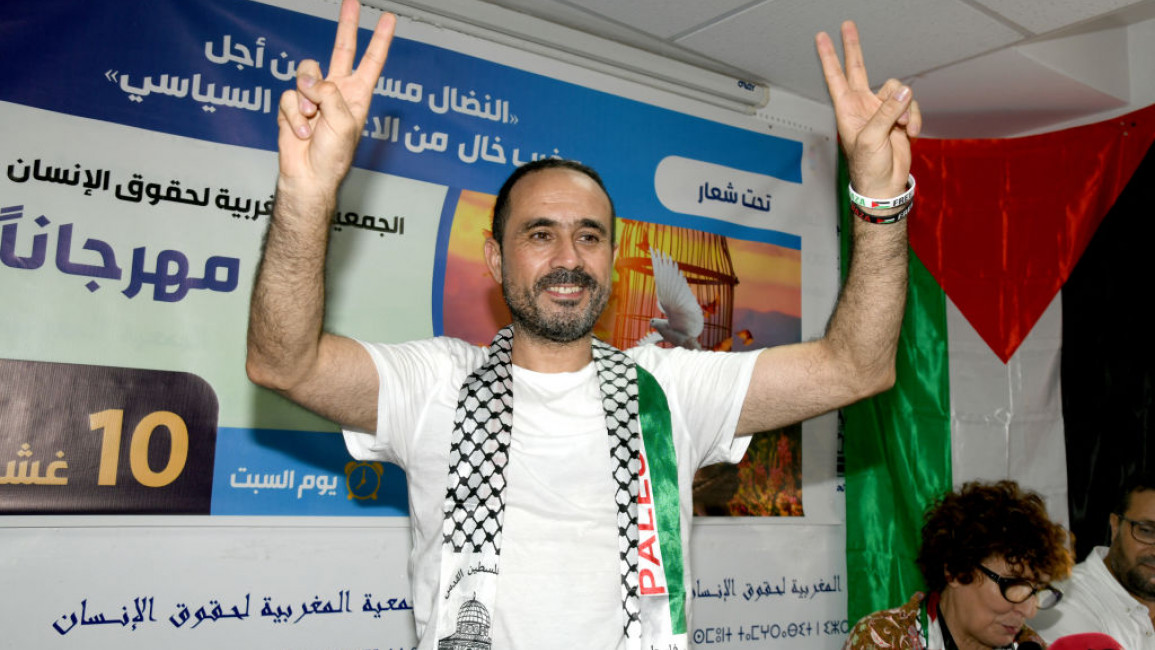
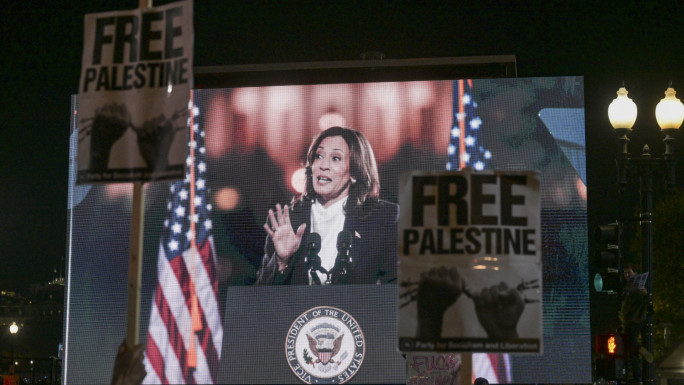
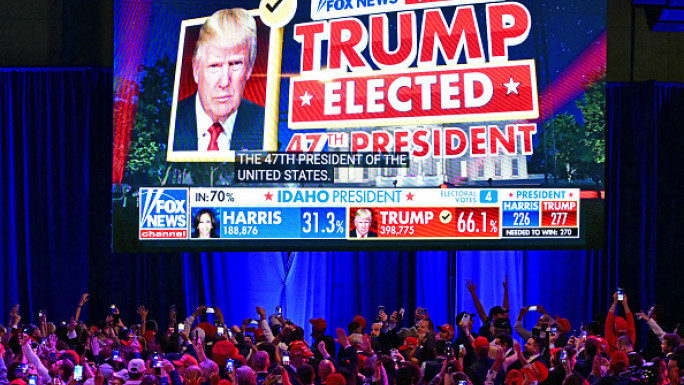
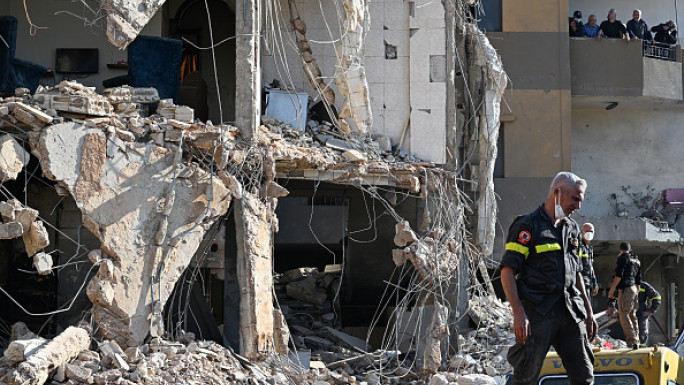
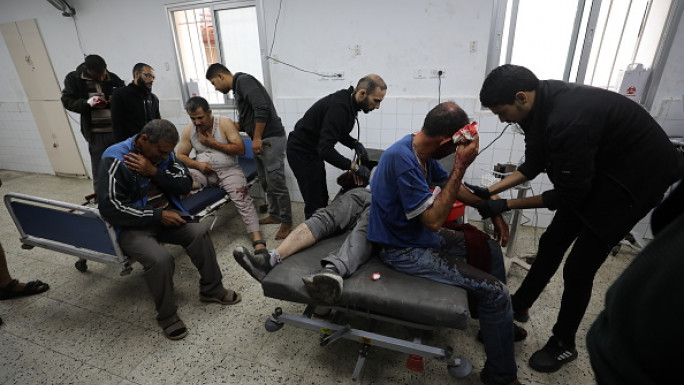
 Follow the Middle East's top stories in English at The New Arab on Google News
Follow the Middle East's top stories in English at The New Arab on Google News
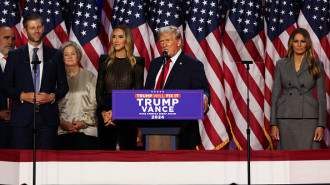
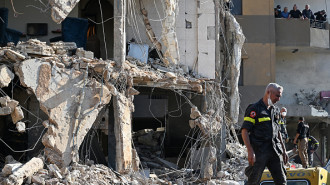
![Paris Saint-Germain fans unfurled a large 'free Palestine' banner at the match [Getty]](/sites/default/files/styles/image_330x185/public/2183376676.jpeg?h=cb50af9b&itok=g_uBUT0X)